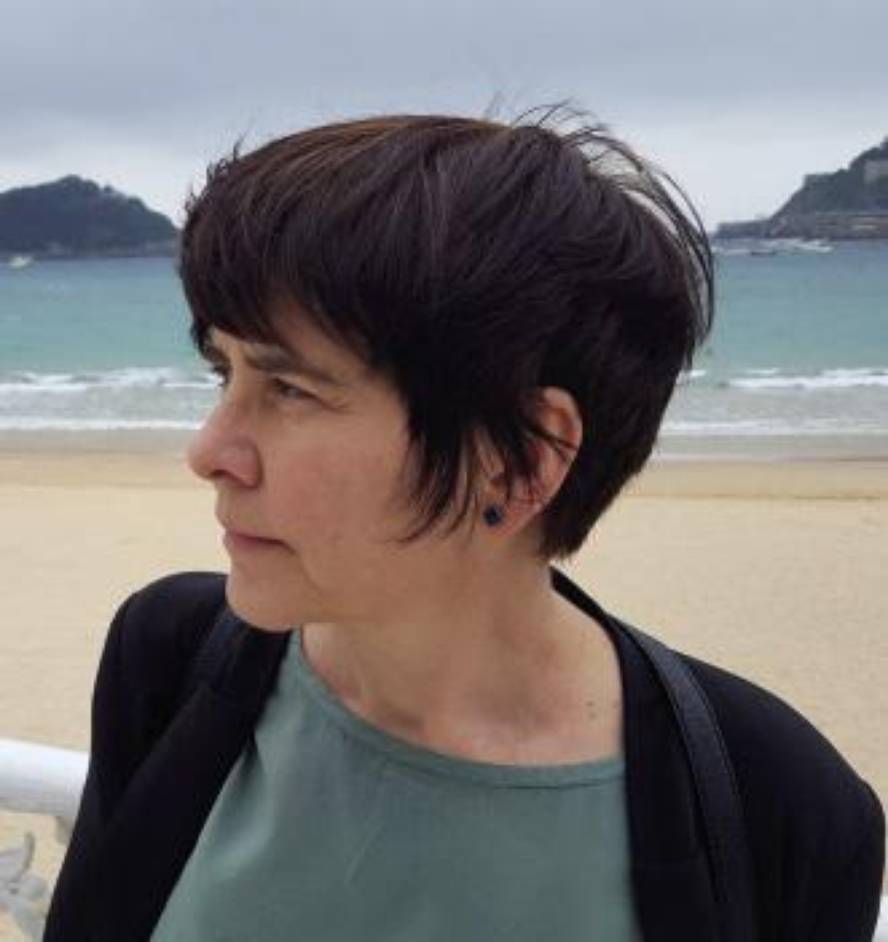“I think philosophy should be part of a broad science network”
Lately I am working in relational biology, I think there is a lot to work on in this aspect, both in science and philosophy. I think so far the intrinsic characteristics of living beings have been very much looked at. Now, instead, I think this vision is becoming very important: that the individual is not so individualistic, so deterministic, and that the result derived from relationships is greater.
An example of this is endocrine disruptors, a research done by women. Formerly they believed that the body was autonomous and that it was not so dependent on the agents of the environment. In this sense, the topic of endocrine disruptors has been quite paradigmatic. Other examples are the influence of food through epigenetics, aspects related to microbiosis, the generation of cancers… In general, many examples of coevolution.
I think all this has to do with philosophy, because there is a strong current that criticizes individualism and underlines relational perspectives. And there feminist philosophy has influenced a lot, which is what has worked especially on the relational aspect: care, vulnerability, criticism of the individualistic vision of identity…
Therefore, I think that what I would call a relational turn is very important and I have great hope in everything that this new vision of biology, of medicine can bring.
I hope that philosophy, science, humanity and art are getting closer in the near future, and I think there are indications that this is happening. I hope that philosophy is considered more as part of science, since to date this perspective has not been very prominent in the philosophy of science or science. Philosophy has been seen more as a tutor to science, that is, philosophy tells science where it can go; or just the opposite, science must show philosophy the empirical world.
Each area of knowledge has a way of understanding the evidence, its methods… I think science would be what explains how these areas are locked. For example, if we say that a discovery has been made in medicine, but if chemistry cannot explain it, we do not consider it scientific. For I see philosophy there, stuck with others. Philosophy has its entity, but I think it must be part of that broad network of science. Therefore, something could not be accepted in medicine or in another science, if philosophically it is totally indifferent.






